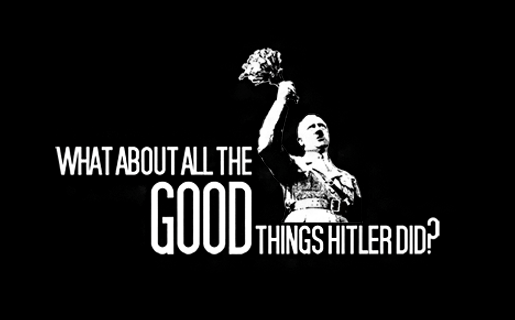Dude TheDeceased, I really don't think you understand where I was comming from when I said that. All wars are definately inevitable, that's WHY they ever happened. You said some are fought because of greed and power. Actually, all wars are fought because of greed and power. This is entirely obvious and it's a part of life.
That's a simplification. Everything that has occured isn't therefore inevitable. If someone murders someone else, that murder -although it has happened- was not neccesarily inevitable.
The majority of men in whatever societies throughout history do not object to conscription because they didn't obviously.
I don't know if this is a joke or not. I'll assume that it is.
Everyone could also stop watching TV and instead just hug each other all day but that's not what happened yesterday or ever. It's great to be an idealist, I guess, especially if you do something to change the world in a positive manner, but then you have to be a realist to get anything done.
I don't know what you mean by "get anything done". Personally I think being a consciencous objector is acheiving something. Whereas I think serving in Vietnam or Korea and slaughtering innocent women and children isn't particularly productive. But hey, that's just me I guess.
I am not pro war, I'm simply stating what is true. When I talk about push comming to shove, you may not want to believe that it is ever really a necessity. Hate to break it to you, but it is. Everything has a purpose, even bullshit.
I did agree that some wars are inevitable. But obviously all wars aren't. For example, the decision for the US to send troops into Iraq was at least influenced by popular opinion. The majority agreed that it was neccesary. Then, like Vietnam, they soon realised that it wasn't and changed their tune. Now, if they hadn't supported the idea in the first place then perhaps that would have had an influence on the decision? Furthermore, as I said, you can chose not to fight. No one can put a gun in your hand AND make you pull the trigger. However if you believe that war is inevitable, as you do, then you probably are more likely to not object and serve some time. You're probably more likely to go out and wear a uniform and shoot some poor fucker through the head, then justify it to yourself because it was inevitable or it was for the "greater good". I say fuck that.
Many times in history wars have been fought with the "arrogant flag sucking war freaks" being the attackers and the "pacifist hippies" being the defenders. Sometimes it's the pacifist hippies that attack first to prevent even more death from occuring, a la a pre-emptive attack. I'm not making this stuff up.
On the contrary, I think it's quite rare for the peaceful side of a conflict to start the violence, unprovoked. You got any examples of this?
Are you saying you wouldn't even take a side and just sit there and get slaughtered by EITHER side? I certainly hope not, because that means you stand for nothing, not even others (obviously forget yourself if that's how it is).
As there has never been a war on Australian soil, I don't really see how me not chosing to involve myself in an international conflict would leave me to be slaughtered by either side. Perhaps I'm missing something.
I personally find it interesting to know simulate through film what it was like to live through these events, as I love reading about human history.
That is where we disagree. This is a fictional television program. It's not history.
Glamorizing certain parts of western and military culture back during WWII is not glamorizing war.
Are the enemies painted as human?
Do they glamorize both sides?
Aren't there heroese that you empathize with?
I think you're being naive.


